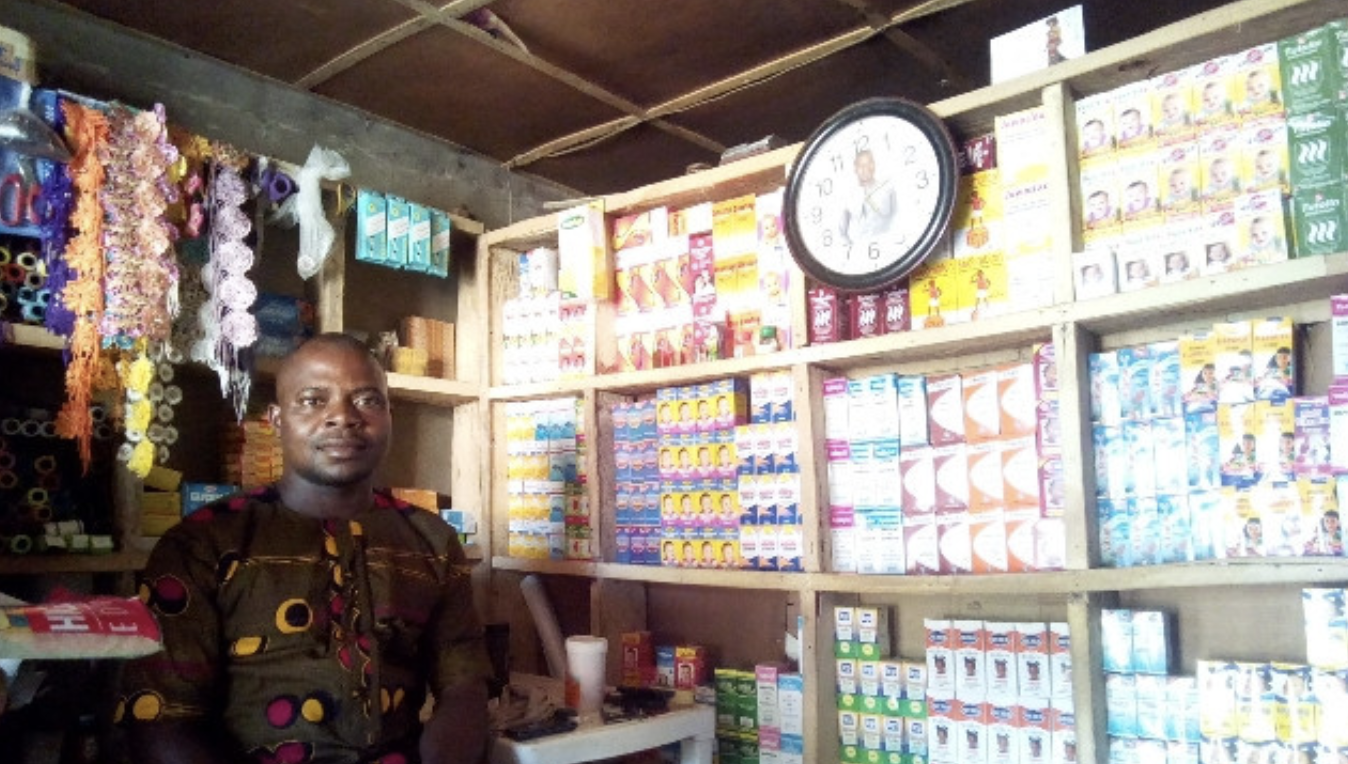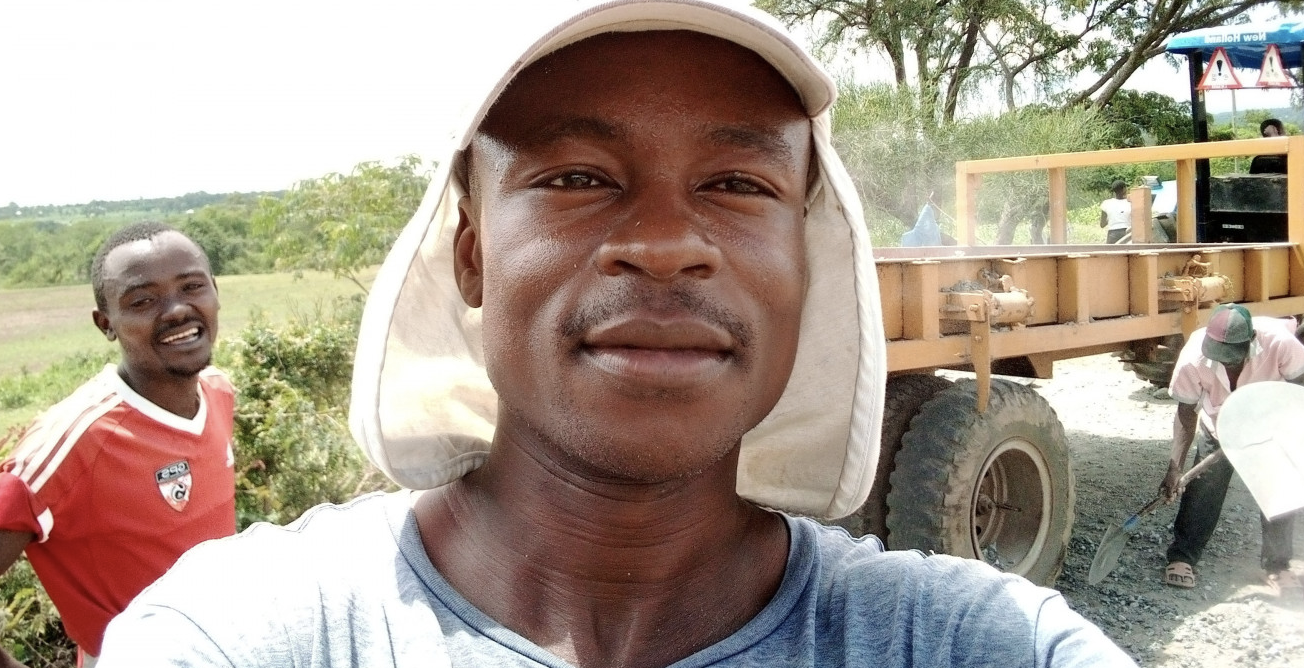
By Betsy Ramser Jaime
‘I grew up in the village under the care of my grandmother. Having my old grandma as my guardian angel at that young age really prepared me for the life that was ahead of me’ shares Kennedy Abila.’
Even as a child, Kennedy was extremely independent, not wanting to trouble his grandmother with money for school books or uniforms. Kennedy explains, ‘To get money for buying the things that I needed, I would accompany the older kids in the village to some sugarcane plantations about 14 kms away. We would wake up very early so as to reach the farms before sunrise. We would buy sugarcane which we later sold in the village and made profit. I would buy sugarcane at 20 shillings and sell for between 80-100 shillings. I did this during holidays and by the time schools were opened, I would have enough money to buy my school books, uniform and give the remaining to my old grandma which she used to buy food. So early in life I learnt how to cook, fetch water from the lake and the river and to fetch firewood from the bush. I even tilt our shamba (garden) very well.’
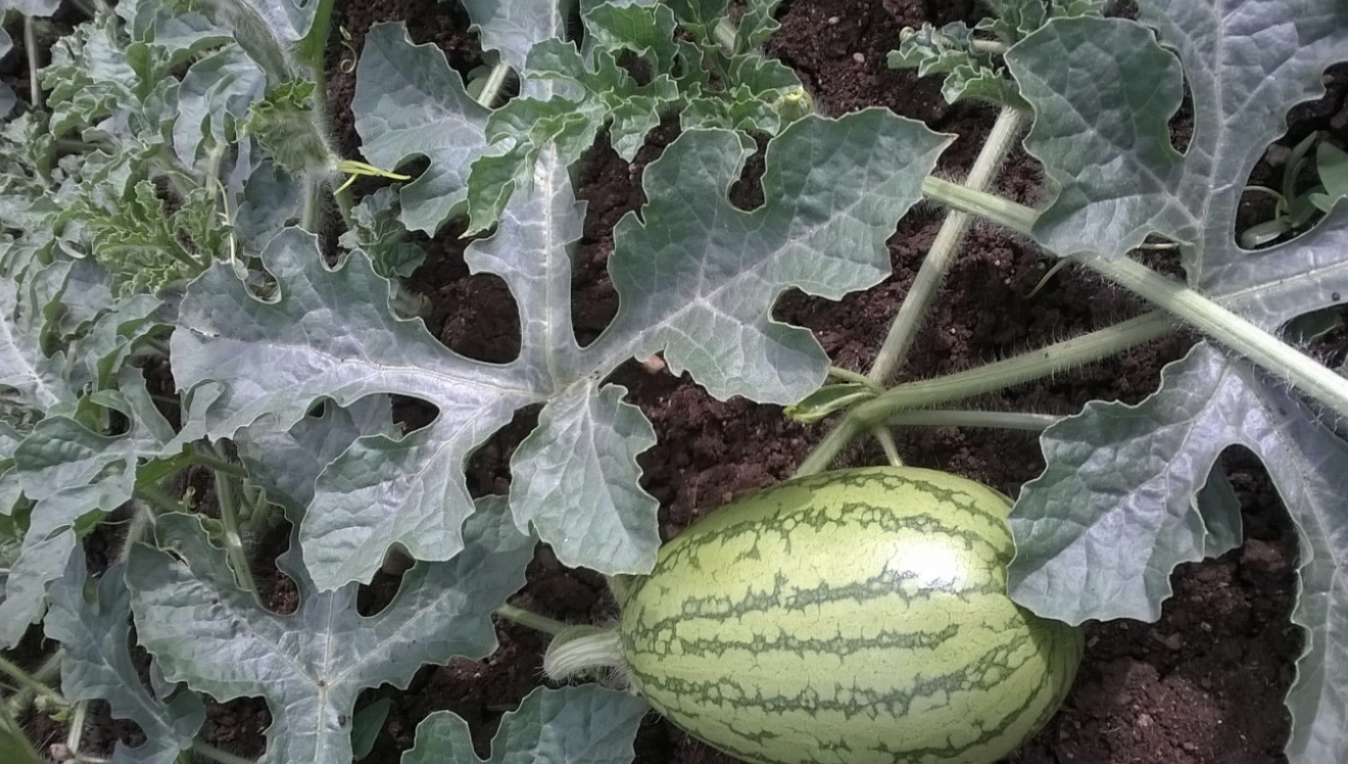
Kennedy is a great example of someone being able to create opportunities from scratch. As a primary school student, his aunt was so impressed by his performance in school that she paid for his secondary schooling.
After finishing his secondary education, Kennedy was ready to move to the city and start working. He successfully landed a job as a messenger while also taking a course in accounting. He then worked for the company for a total of nine years, gaining business skills along the way. However, after nine years, Kennedy found the work monotonous and was ready to quit his job for a new challenge.
While Kennedy had no problem registering his company, marketing, and getting initial orders, he found that having the capital to buy inventory and keep going was a big issue. Therefore, he was able to think fast, pivot, and move into the farming business. This would require less capital, and he found that it was the right place for him to start.
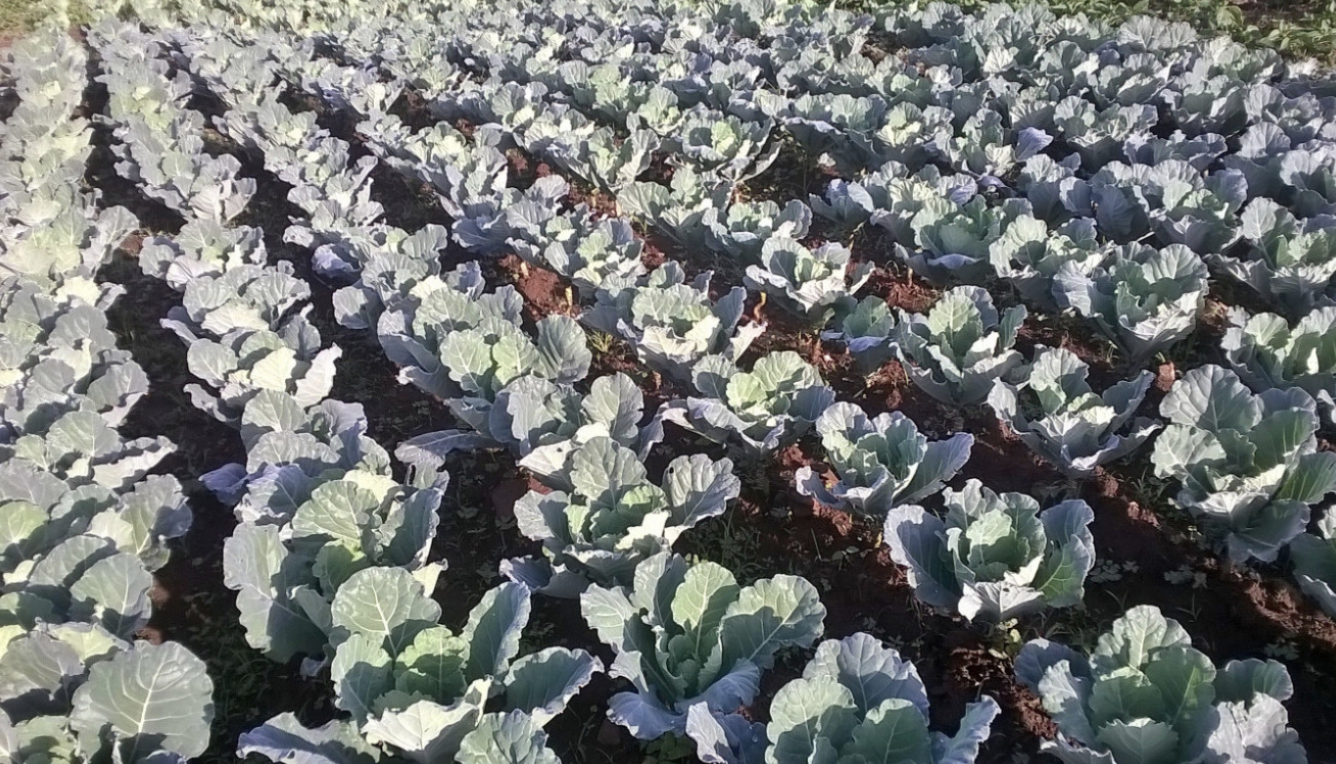
Kennedy explains, ‘I plant tomatoes, watermelon and vegetable e.g kales in a reasonable quantity. This I do under flood irrigation. I have got land through lease along the lake. Availability of water makes my work possible throughout the year. Apart from watermelon whose buyers come from far or neighboring towns, the other crops have a market readily available just within the area. I had never imagined that this agribusiness idea would be a source of income not only to me but also to other hundreds of people who earn their daily income from activities resulting from this business idea i.e transportation of farm produce. Working on the farm and selling products from the farm to make profit. My business is about the production of food and food is a basic need. The beauty about this kind of business is that I only plan as per the capital available to me. For every 30 shillings I spend per plant, I get a gross income of between 80-150 shillings or more depending on the law of demand and supply. The crops that I plant take between two to three months to harvest.’
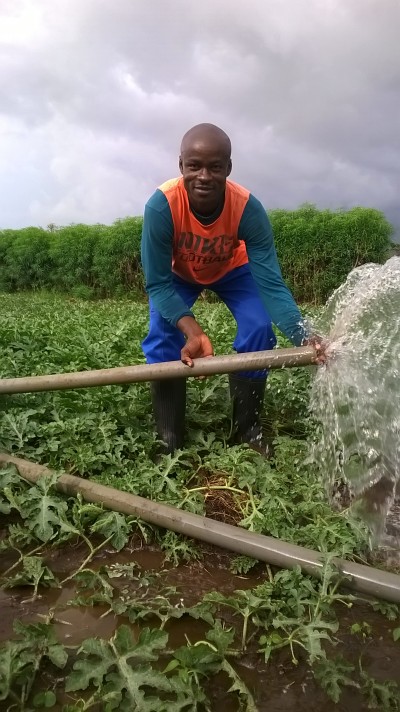
Within his business, the typical costs include: purchasing seeds, leasing land, irrigation, preparing the land, weeding, and spraying. Because of the low startup costs required, this was certainly the right business venture for Kennedy.
As a member of the Zidisha community since 2016, Kennedy has raised 4 Zidisha funded loans for, ‘$150, $303, $472, and $815. These first two loans allowed Kennedy to to purchase seeds and necessary sprays.
With his third and fourth Zidisha loans, Kennedy set out to set up a farm produce store. In the past, his produce had been bought at a very low cost to middlemen who would then re-sell to traders at a moderate to high cost. With his own produce store, Kennedy would sell directly to local traders. Kennedy says, ‘The setting up of this store at a convenient location will be a blessing not only to me but to other small traders too.’
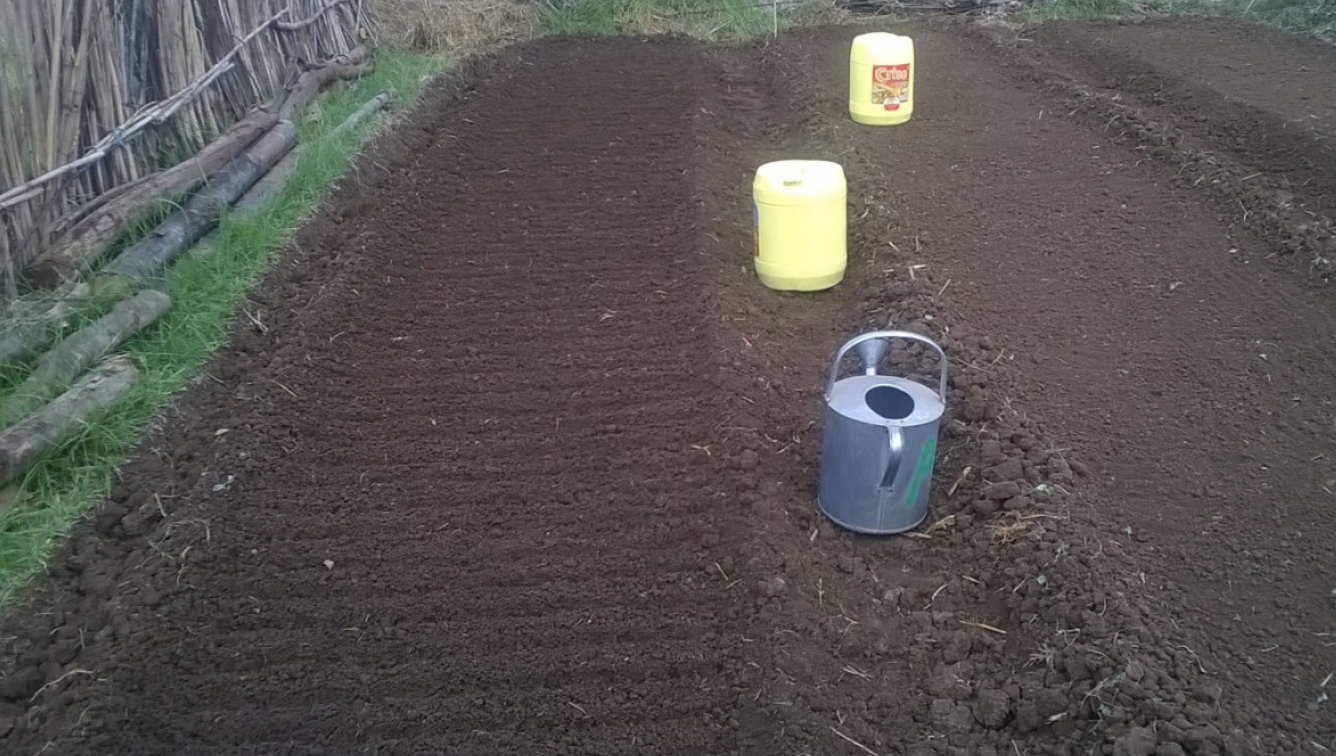
With his profits, he’s been able to purchase additional equipment and tools to grow his business such as, ‘a water pump, irrigation materials, wheelbarrows, and knapsack sprayers.’ His business profits have also enabled him to care for everyday needs for his family like school fees, rent, and bills.
Plus, by employing other members of his community, his business and mission is now much larger than himself as he explains, ‘This business, even though still small, has made many others to look forward to it as a source of their daily income just like me. I am encouraged by the African saying ‘the largest mogumo (oak) tree you see around was once a tiny seedling that held its ground’.
In addition to being an entrepreneur, Kennedy is also proud of his status as father and husband. He also enjoys using his free time to exercise and read. He shares, ‘Everyday at dawn I either run 15 kms or train with light weights before I start my work. Doing exercise has made my ability to work in the farm look very easy. I don’t supervise the people who work for me, instead I work with them. I have also learnt much just by reading.’
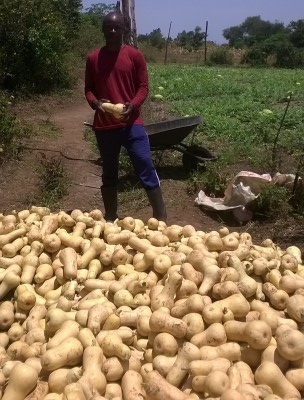
Throughout his partnership with Zidisha, Kennedy has been able to positively impact both his own family and his entire comunity, as he says, ‘Every coin I receive from the Zidisha community, I ‘plant’ into the garden and the outcome is amazing! A blessing to myself and my community.’
Would you like to empower another business owner and family man like Kennedy? Make sure to head on over to our Browse Projects page to learn more about Zidisha entrepreneurs all around the world!

